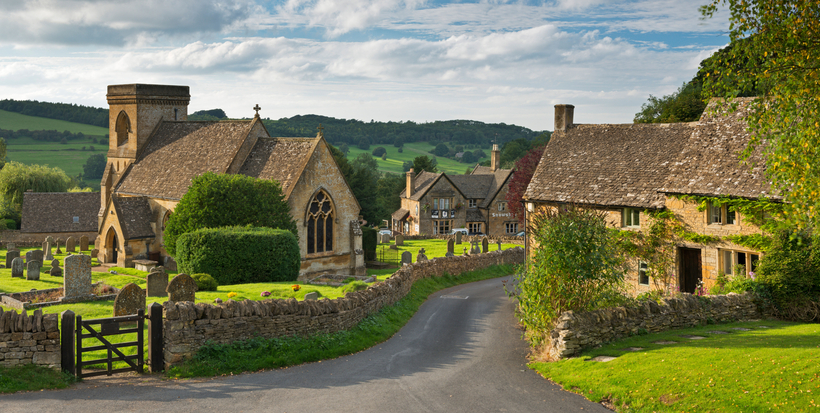The natives are revolting. Across England, particularly in the gilt-edged Cotswolds in Oxfordshire and Gloucestershire, locals are rising up against the rich and their expensive, loud toys—from car museums to airstrips, from racetracks to showy country clubs. Sleepy pockets of sheep-farming country—unchanged for centuries—have been rudely disturbed by the roar of combustion engines and the earsplitting guffaws of well-heeled D.F.L.’s—Down From London types.
The Cotswolds have become England’s Hamptons, a ritzy enclave within easy reach of London, where you need never socialize with a low-net-worth individual. And just like the spats over beach rights and helicopter noise on Georgica Pond, there’s a feeling that the rich are carving out gated enclaves for themselves.


